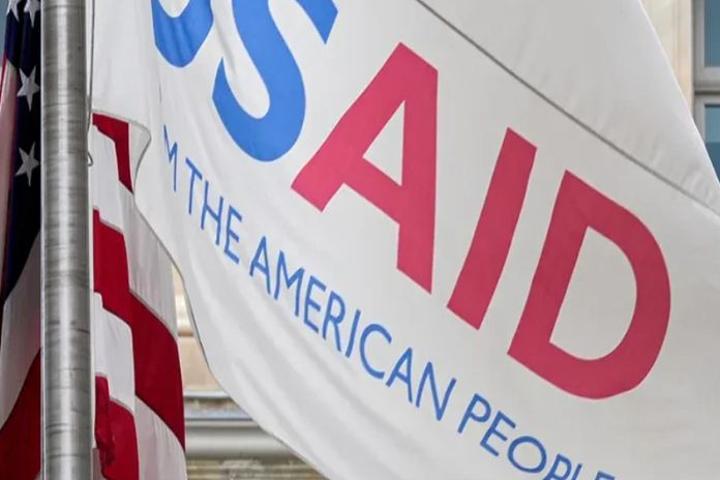Africa-Press – Mozambique. The Fitch Ratings Agency, based in both New York and London, believes that the suspension of support from the United States Agency for International Development (USAID) to Mozambique has contributed to the shortage of foreign currency (particularly of US dollars).
USAID closed the doors of its Mozambican office, as in the rest of the world, last July. USAID development funding was generally channeled to a multitude of NGOS that ran projects, particularly in health care. Without the USAID funds, most of these projects have been forced to close and dismiss their staff.
According to a recent publication from Fitch Ratings, USAID disbursements represented approximately three percent of Mozambique’s Gross Domestic Product (GDP) “as a result of an investment, on average, between 250 million and 300 million dollars per year.”
USAID disbursed over the last year 586 million dollars in support to Mozambique.
“The Agency’s withdrawal not only left more than 2,500 people unemployed but also worsened the country’s economic situation, as its presence accounted for up to three per cent of the GDP. The shortage of foreign currency increased in 2025, in part due to the decline in external disbursements to the Government and the suspension of USAID”, reads the Fitch note.
According to the document, the country’s large financing needs pose a significant vulnerability although switch auctions on local-currency bonds, central bank borrowing, and short-term financing are being used to service debt.
“The foreign exchange reserves have held up, but external disbursements have declined, which coupled with challenging domestic financing, increases risks of spillover to external repayments. Mozambique’s fiscal deficit widened to 4.9 per cent of GDP in 2024, from 2.1 per cent in 2023, mostly reflecting a decline in grants and some impact from the post-election violence on revenue collection”, reads the report.
However, the Agency expects that the country’s fiscal deficit “will narrow to 3.4 per cent of GDP in 2025 and a forecast 3.6 per cent in 2026, mostly driven by falling expenditure. Financing constraints will contain capex, and we anticipate the public sector wage bill will fall relative to GDP. Nevertheless, budget rigidities will remain significant.”
Fitch also says that the government accumulated, over the last year, external arrears to several bilateral and multilateral creditors (including the IMF, Portugal and the Islamic Development Bank).
Fitch affirms Mozambique at ‘CCC’, debt to GDP falls to 91%
“In many instances, payments were only resolved after their specified grace period had elapsed. Fitch did not consider these incidents as defaults, as external commercial debt was not affected. Fitch understands that the accumulation of external arrears to the official sector has continued in 2025. The accumulation of arrears on domestic bonds also remains an issue, with the time for resolution of these delays having increased”, reads the document.
For More News And Analysis About Mozambique Follow Africa-Press






